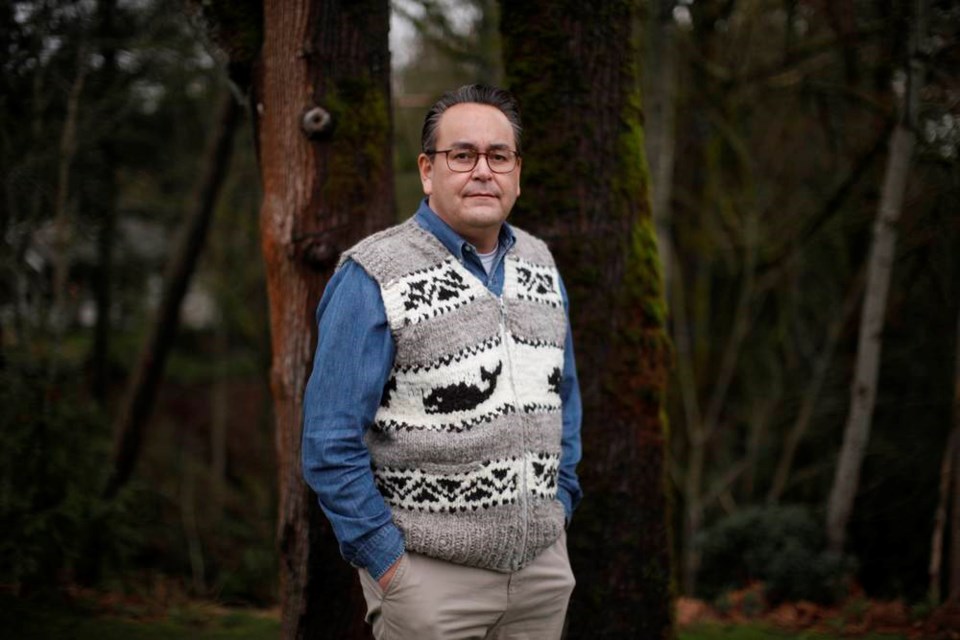On the heels of a fourth COVID-related death amid an outbreak in Cowichan Tribes in Duncan, leaders say a vaccination clinic they hoped would take place this week won’t be held until early March.
The 661 first doses of Pfizer vaccine administered in January were expected to be followed by second doses arriving on Monday. Those doses are now expected to arrive later this week with a clinic in place by March 8, said Derek Thompson, assistant general manager for Cowichan Tribes.
Since Dec. 31, 230 Cowichan Tribes members living on and off reserve have tested positive for COVID-19. Of those, 202 have recovered. There are 24 active cases, including four in hospital, and a fourth death related to the virus was announced Monday. The person has not been identified.
B.C. Premier John Horgan said Friday the province is working to meet COVID-19 challenges not just in Cowichan and on the Island, but in the Interior and northern regions, “where we’ve seen unacceptable increases in cases, particularly in Indigenous communities.”
A shelter-at-home order first enacted by Cowichan Tribes on Jan. 6 has been extended until March 5 and Thompson believes it will be extended again.
“Given the fact we’ve seen a fourth death in our community it’s that much more timely and relevant for us to stay the course on our existing plans that align with provincial health directives and restrictions and to continue our effort to maintain our shelter-in-place order,” he said. “The vaccine is just a little piece of the puzzle.”
Thompson said the First Nation did not have any COVID-19 cases until December.
“We just knew, like everybody else in the province, in the country, that the holidays were going to pose a challenge because people just instinctively — despite warnings and restrictions and directives — gather,” he said. “And they did.”
Evidence of that was apparent when members tested positive in January, Thompson said. For that reason, even stronger communications about pandemic infection control measures and provincial health orders will be relayed prior to the next school holidays in March and April, he said.
Last week, Cowichan Tribes asked for greater certainty on when second doses would arrive, noting that setting up a second-dose clinic requires notifying and scheduling more than 600 people, requesting Island Health nurses, and arranging for screening and cleaning.
More detail is expected this week on how and when vaccine clinics for the general population will take place.
Vaccines promised to the federal government have been delayed by both Pfizer-BioNTech and now Moderna, causing a faltering start to Canada’s COVID-19 vaccine rollout and affecting the plans of provinces and territories and First Nations communities.
Provinces and territories relied on the federal government to sign contracts and secure vaccines as the most efficient way to proceed. And while Horgan has said that was the way to go, he understands the frustration “not just the Cowichan Tribes, but people across British Columbia, are feeling.”
The Cowichan Tribes is the largest single band in B.C., with 4,900 members, including about 2,000 on reserve and 1,000 in the immediate area.
The majority of its COVID-19 cases — 84 — have occurred in people ages 20 to 39 years old, followed by the 40-59 age category and the 10-19 year category. There’s been 28 cases in those members age nine and under and 23 in members over the age of 60. Two young adults have died.
There are 228 active cases of COVID-19 on Vancouver Island, according to B.C. Centre for Disease Control. Data from Island Health says most — 133 — are in the central part of the Island.
ceharnett@timescolonist.com



